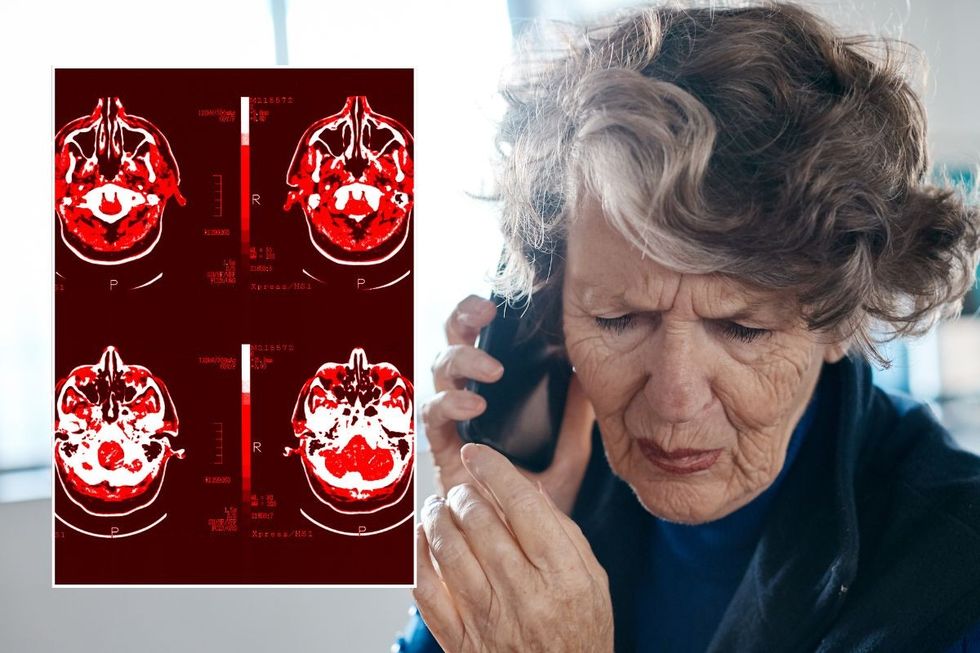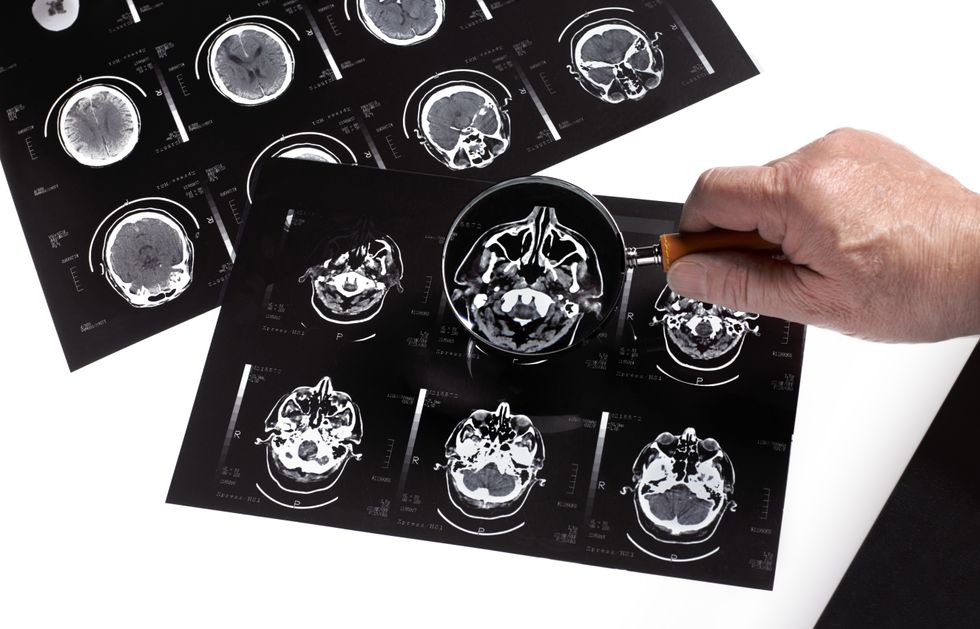



With Alzheimer's Awareness Day coming up this Sunday, medical professionals are raising concerns about a surprising factor that could affect your brain health - your hearing.
They cautioned that the gradual hearing loss many of us experience as we age isn't just about struggling to hear the TV or missing bits of conversation; it could actually increase your chances of developing Alzheimer's disease.
The connection between our ears and our brain health is stronger than most people realise, and doctors want everyone to understand these risks before it's too late.
The numbers are quite shocking, with research showing that people with mild hearing loss face double the risk of developing dementia compared to those with normal hearing.

Hearing loss puts serious pressure on our cognitive abilities
|GETTY
For those with moderate hearing loss, that risk jumps to three times higher. The danger climbs even more dramatically for people with severe hearing problems.
ENT Consultant at Midland Health, Amit Parmar, explained that "hearing loss isn't just an issue of ageing or comfort, whether that's missing phone calls, turning the TV up too loud or straining in noisy rooms".
He went on: "Many people don't realise that hearing loss is linked to a higher risk of developing dementia, including Alzheimer's."
The problem starts with how hearing loss affects our brains. When we struggle to hear, our minds work overtime trying to fill in the gaps, which creates extra mental strain.
This constant effort, along with people naturally withdrawing from social situations when they can't hear properly, puts serious pressure on our cognitive abilities.
Recent studies indicate that people who don't address their hearing problems face a greater likelihood of developing dementia compared to those who maintain good hearing.
The tricky part is that age-related hearing decline happens so gradually. At first, you might think everyone's started mumbling or that restaurants have gotten noisier.
Many people don't even realise they have a problem until it becomes a major obstacle. As Parmar warns, "it's crucial not to delay getting help".

Many people are unaware of the connection between the ears and the brain
|GETTY
The good news is there's plenty you can do to protect your hearing. When you're at loud events like concerts or festivals, wearing ear protection makes a real difference.
Keep the volume reasonable on your headphones and don't blast music for hours on end.
Parmar recommends getting your hearing tested every two years, particularly if you've noticed you're struggling with conversations or experiencing ringing in your ears.
If you do need hearing aids, using them regularly helps keep your brain engaged and active.
